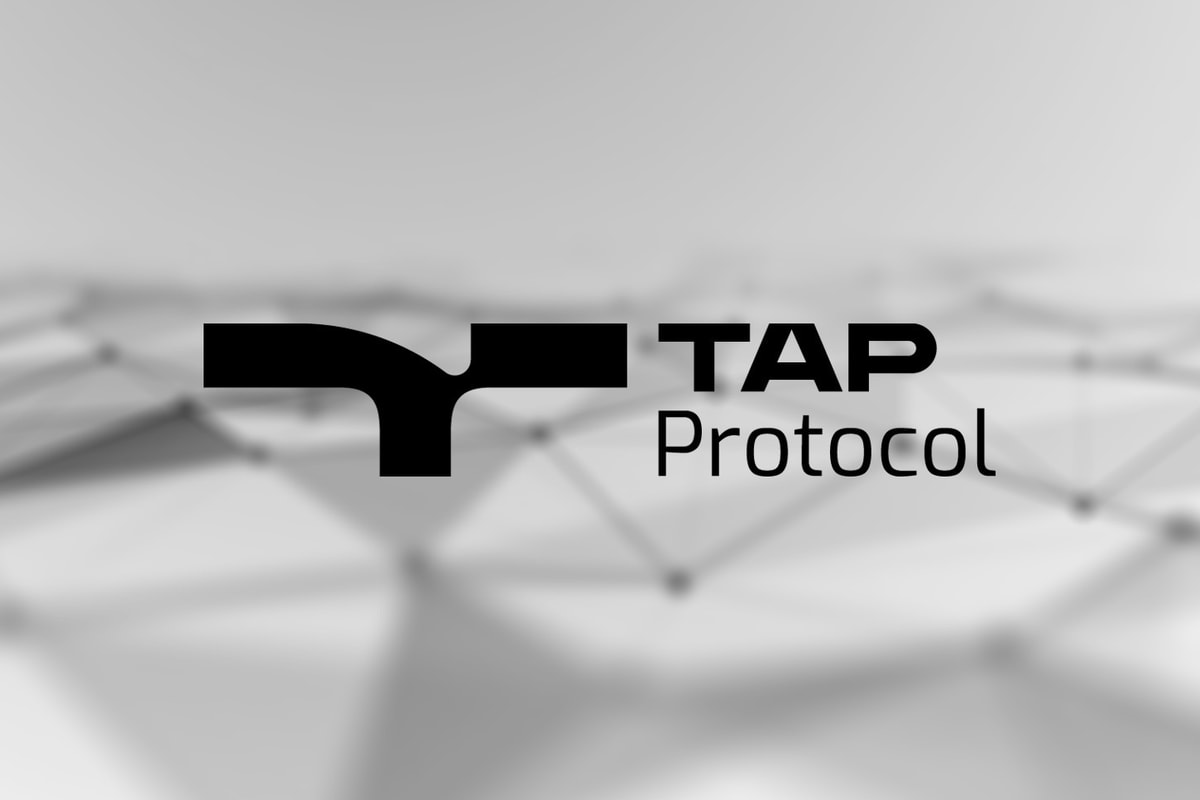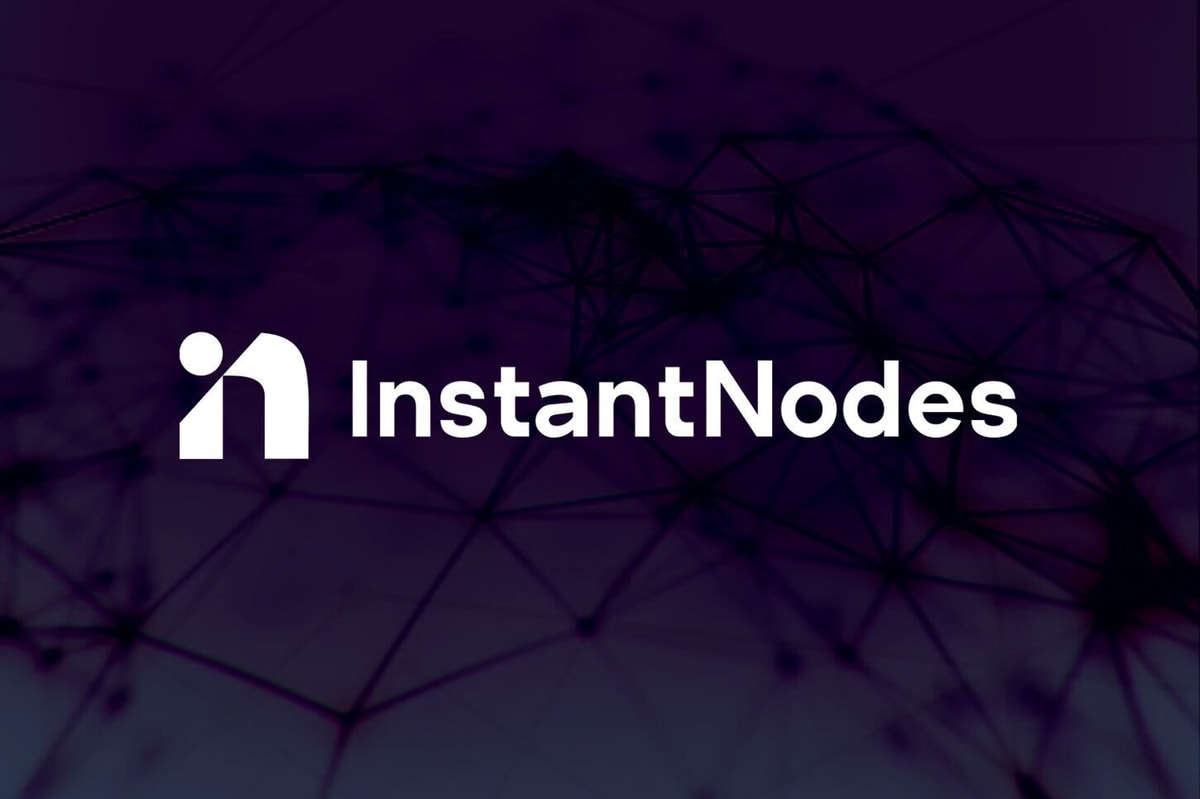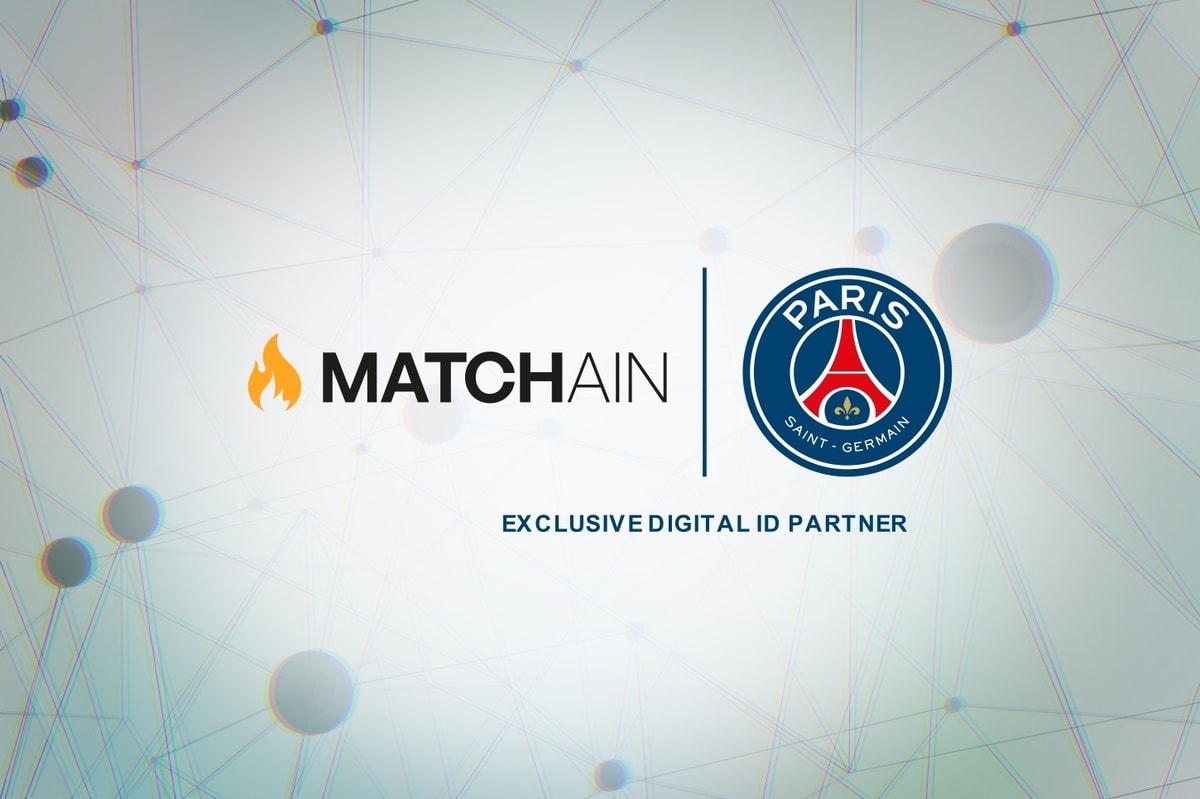After winning a parachain auction on Polkadot, Integritee Network just released a tool for developers to build the future Web3 combining scalability and confidentiality.
The Web3 ecosystem Integritee Network has just released its software development kit (SDK). Ideal for all Web3 developers who wish to build an application from scratch or integrate existing Substrate-based solutions, Integritee’s SDK offers sub-second block production times, overall up to 1 million transactions per second, and unique privacy features. “The SDK is our gift to the community because we believe that we can have more impact in promoting Web3 and privacy if we let the whole world develop with our tech,” explained Alain Brenzikofer, co-founder and chief technology officer of Integritee. The SDK abstracts the complexity of dealing with trusted execution environments (TEEs), an enterprise hardware-based confidential computing solution that eases the implementation of privacy features.
Flexible and adaptable to any use case, Integritee’s just-launched SDK promises Web3 developers a powerful tool, allowing them to build new generation applications. All builders have to do is add their business logic and privacy features, copy and paste a few lines of code, import any Substrate pallet into an Integritee sidechain, and start working.

Enhancing speed, scalability and confidentiality
After winning parachain slots on both Kusama and Polkadot, the Switzerland-based startup is now launching a product that tackles blockchain’s main issues: speed, scalability and confidentiality. But how did Integritee get there? In fact, this was something that Brenzikofer has been thinking about for a long time. “Back in 2018, when I wrote a white paper about community currencies with Sybil-resistant basic income, I faced the challenge of solving both scalability and privacy issues.”
Brenzikofer then realized the only practical and non-academical way to solve these challenges was to use TEEs. Some companies were already using this hardware to solve the confidentiality issue, but scalability and decentralization were not being addressed. He had to come up with another solution. The Web3 Foundation supported the project with several grants once it was believed to “serve way more use cases than just currencies for basic income.”
Why TEEs?
Having Integritee’s validators operating within TEEs enables confidential state transition functions while reducing the complexity of the consensus protocol. Also, each of these validators publishes a public, cryptographic proof to the project’s parachain, confirming the TEE is genuine and the code unaltered.
Suitable to build Web3 applications and compatible with any light-client capable blockchain or Web2 API, Integritee’s SDK poses as a game-changer in the blockchain world. Here’s how Integritee’s SDK works.
The biggest challenge was to be “as generic as possible” while still delivering on Integritee’s goals within the promised timeframe. “We started collaborating with adopters of our technology early on and learned from their feedback. This way, we were able to be just generic enough for most use cases but still very focused on early deployments,” Brenzikofer added. While the first testnet deployment using TEE off-chain workers happened in 2019, the first real layer-2 sidechain on their production network will provide a high-quality gaming experience — a huge potential considering the growth of the metaverse and Web3 gaming space. Interested in knowing more about the technical details of their SDK? Check here.
A multitude of use cases
“Our scalability and confidentiality features will have a tremendous impact on various industries such as DeFi, Web3 games, metaverses and identity protocols,” said the startup’s CEO, Waldemar Scherer, who believes solution providers should offer security and confidentiality by design to build future applications and IT systems.
Joining the journey in early 2021, the CEO was excited about the technological progress and the ever-growing need for data privacy and hacker resilience: “I immediately saw the potential to serve an increasing need in traditional industries and the Web3 space.”
“The recent conversation about the usage of privacy tools in Web3, like Tornado Cash, started a controversial debate about privacy versus control again. This is just another good example of where our technology could be used to provide confidentiality about sensitive data but could be implemented in a way to also comply with existing regulatory requirements and prevent the usage of illegal activities,” he added. “We are progressing in our mission to provide a next-gen technology for privacy-native, scalable applications to the benefit of each and every one of us, the future users,” the CEO underlined.
Successful journey
Integritee has made significant progress since 2018. After receiving three grants from the Web3 Foundation and the Polkadot Treasury, the startup reached milestones, such as launching the mainnet and its token, TEER, in November 2021, migrating to a Kusama parachain in April 2022, getting TEER listed on Kraken, and establishing partnerships with other projects like Moonbeam and Acala.











